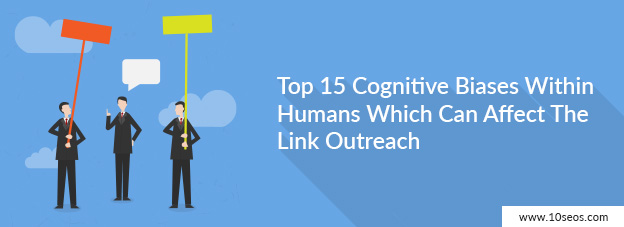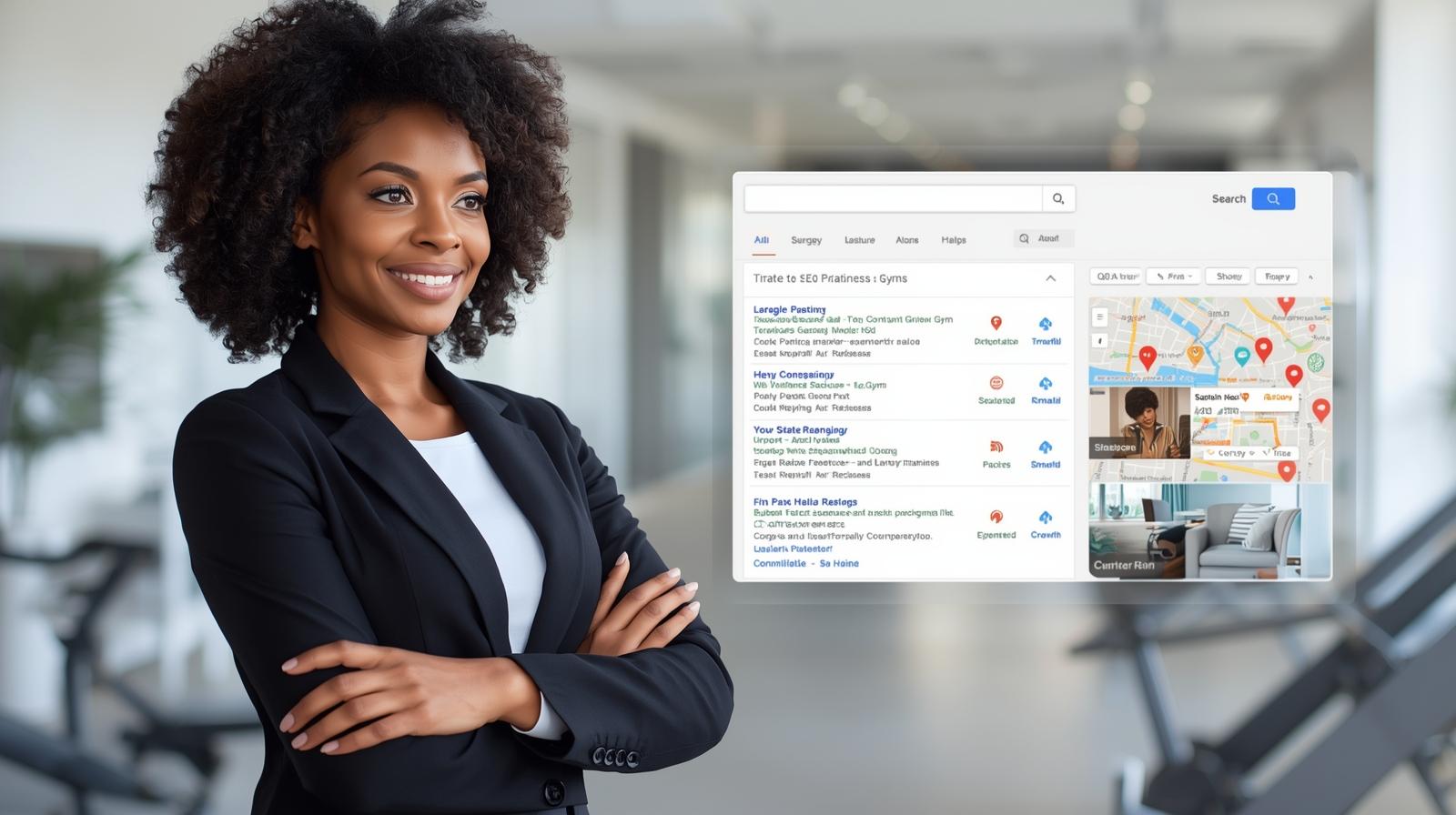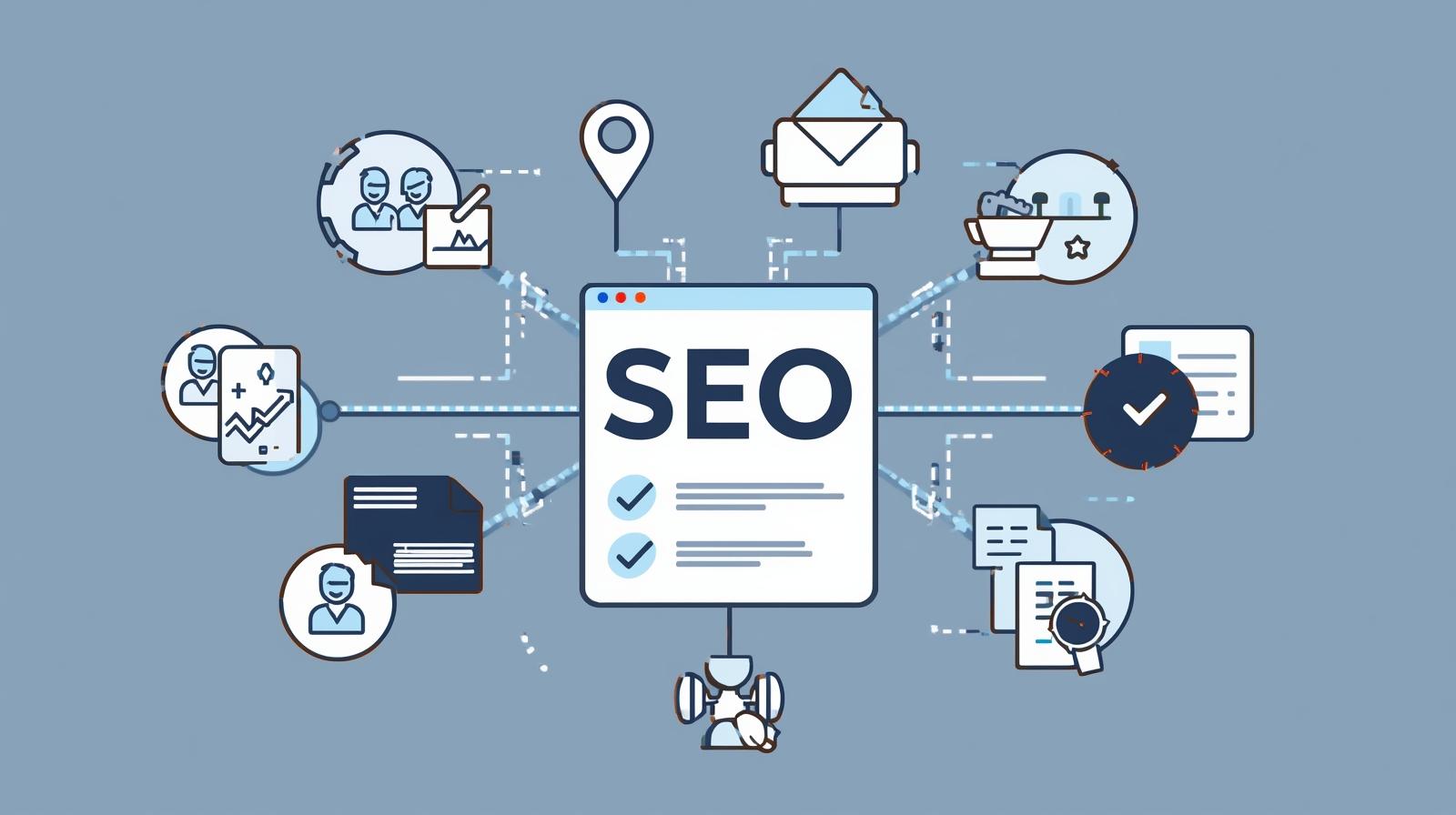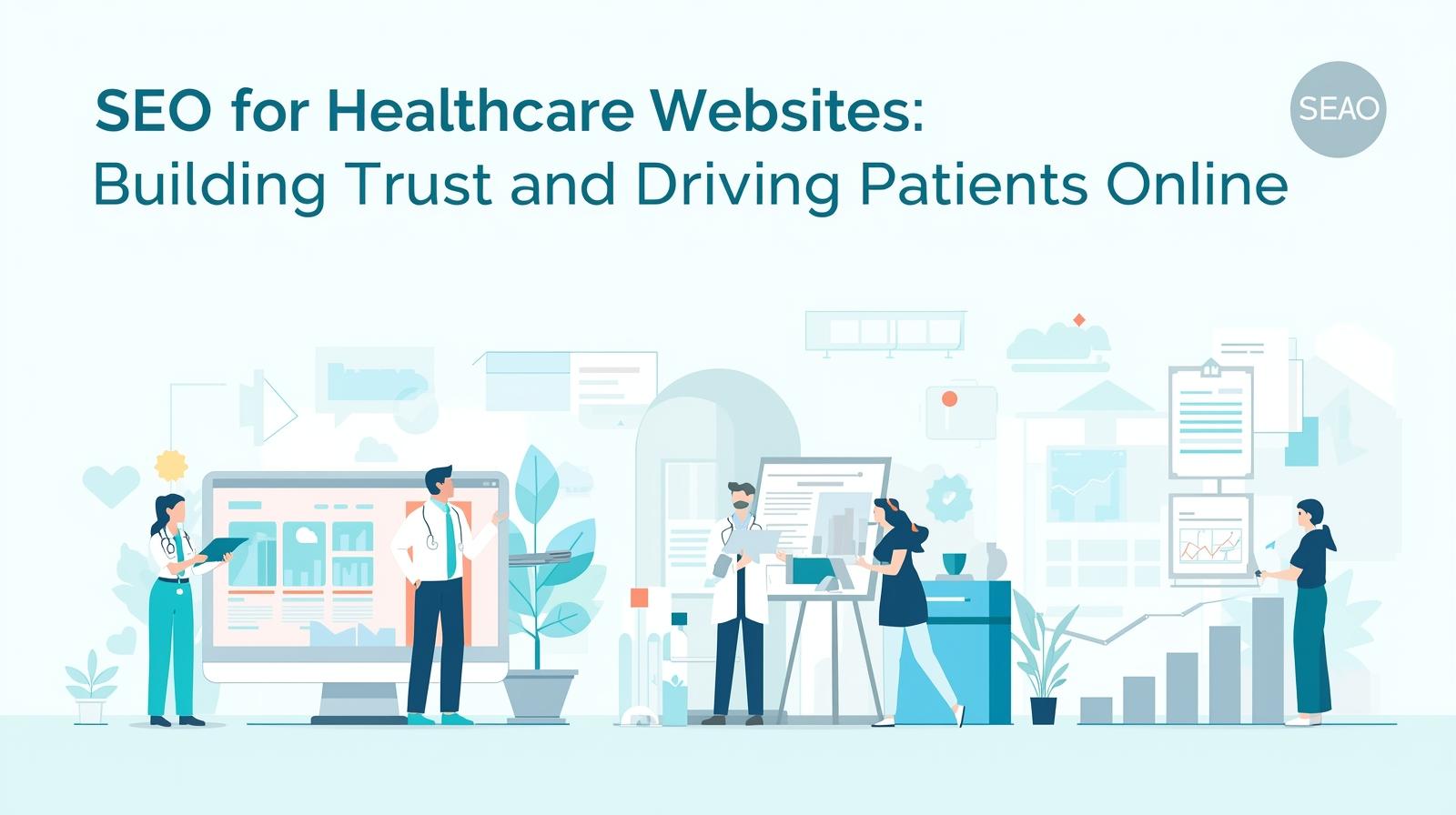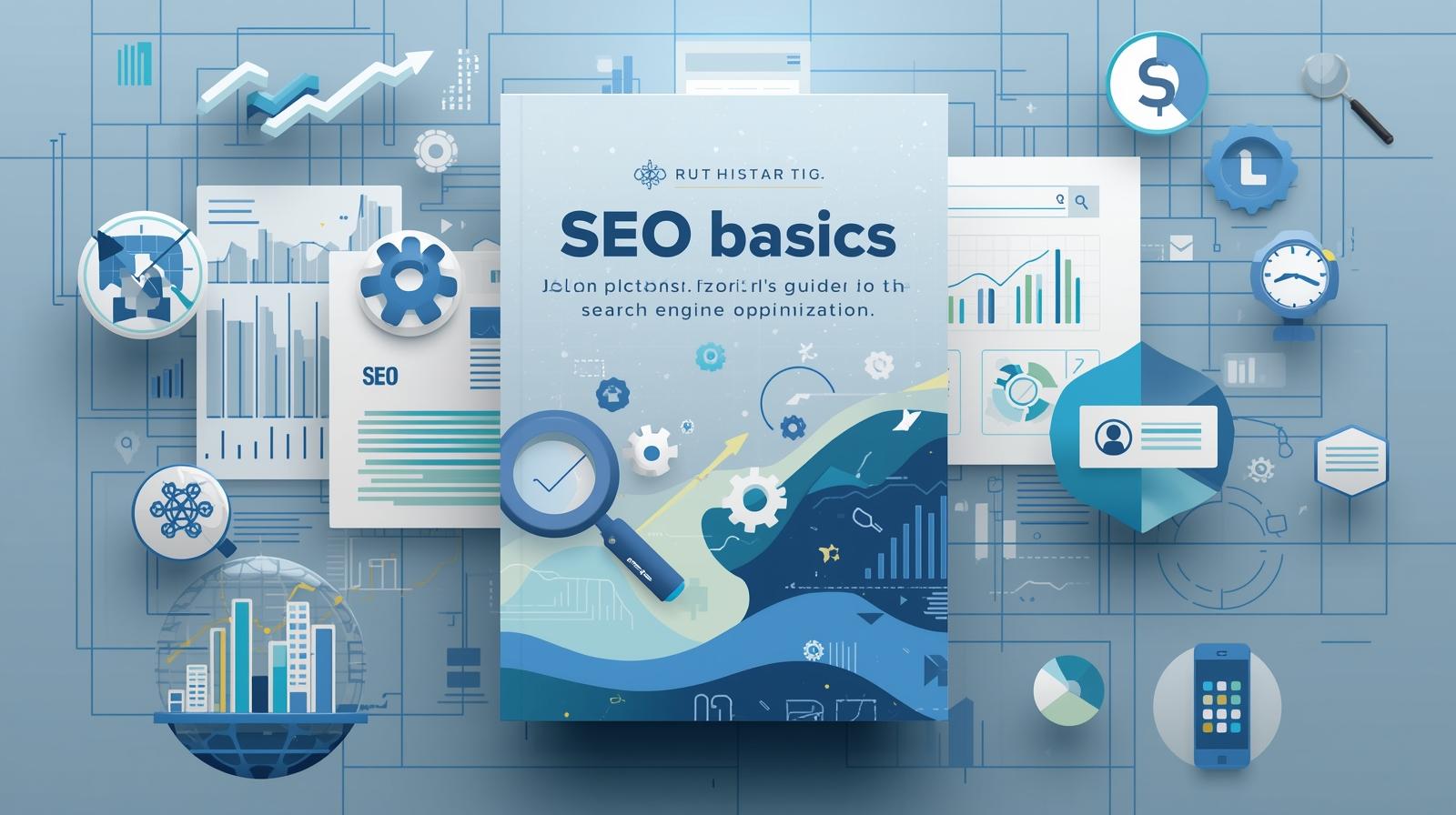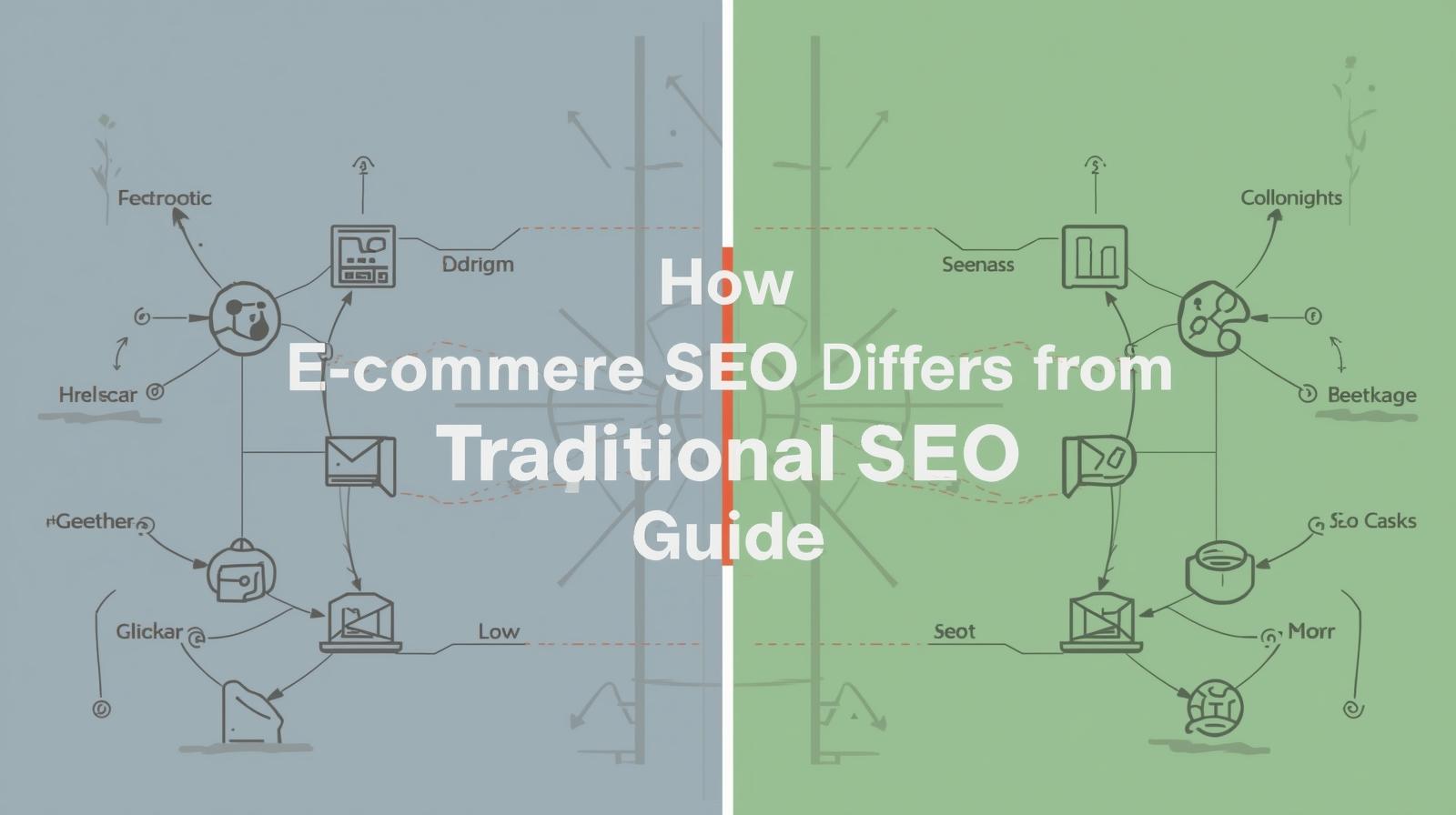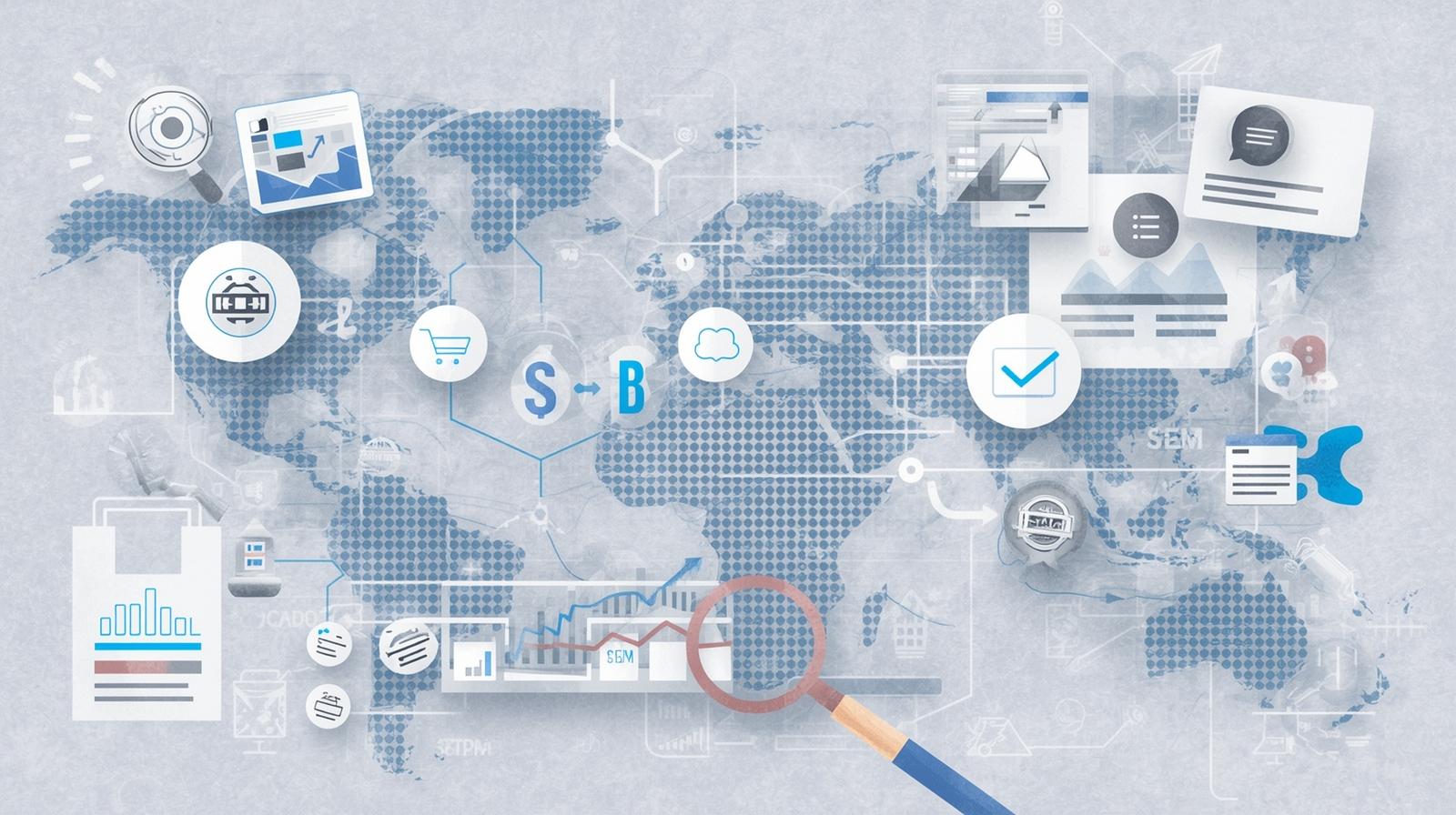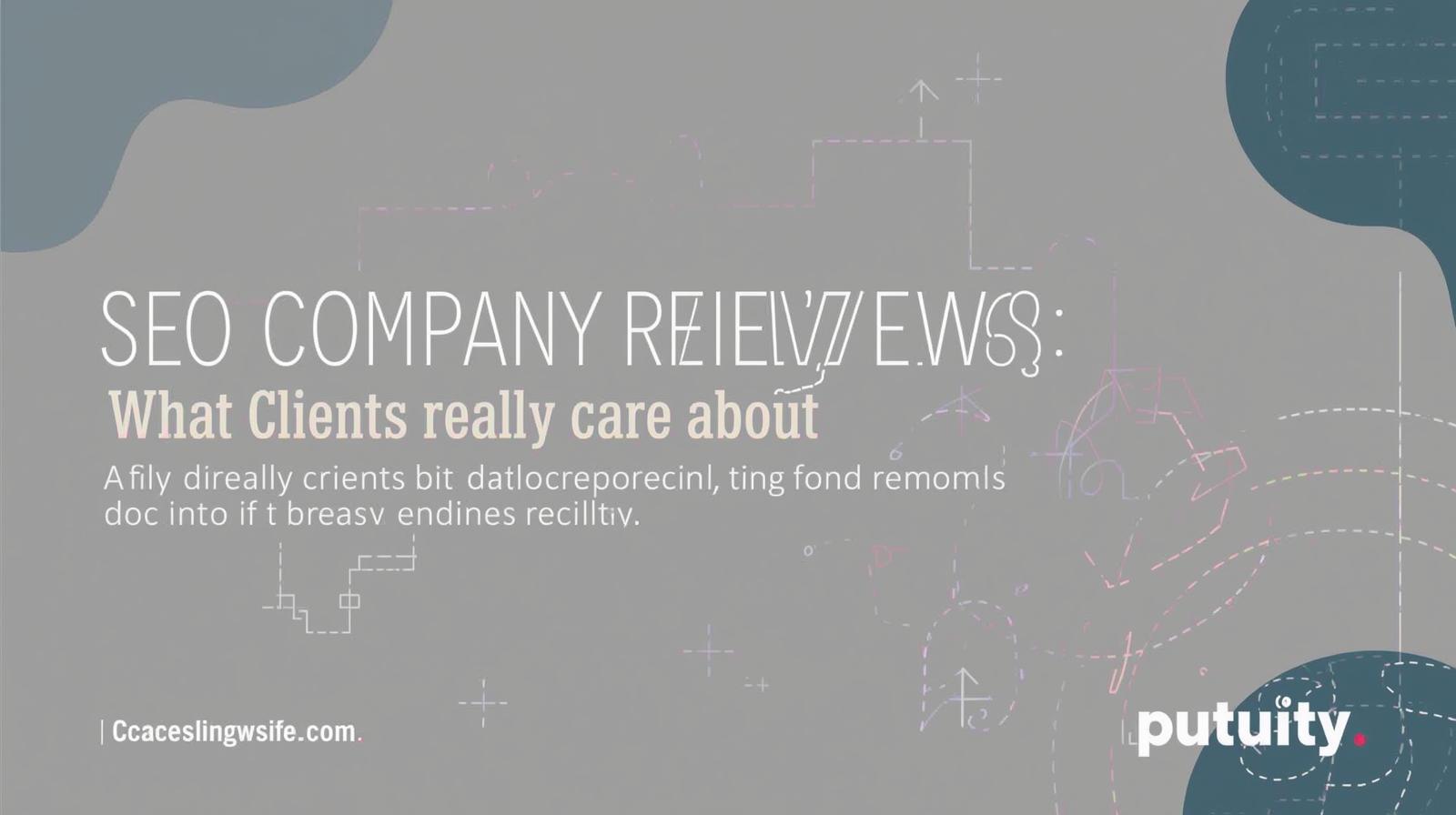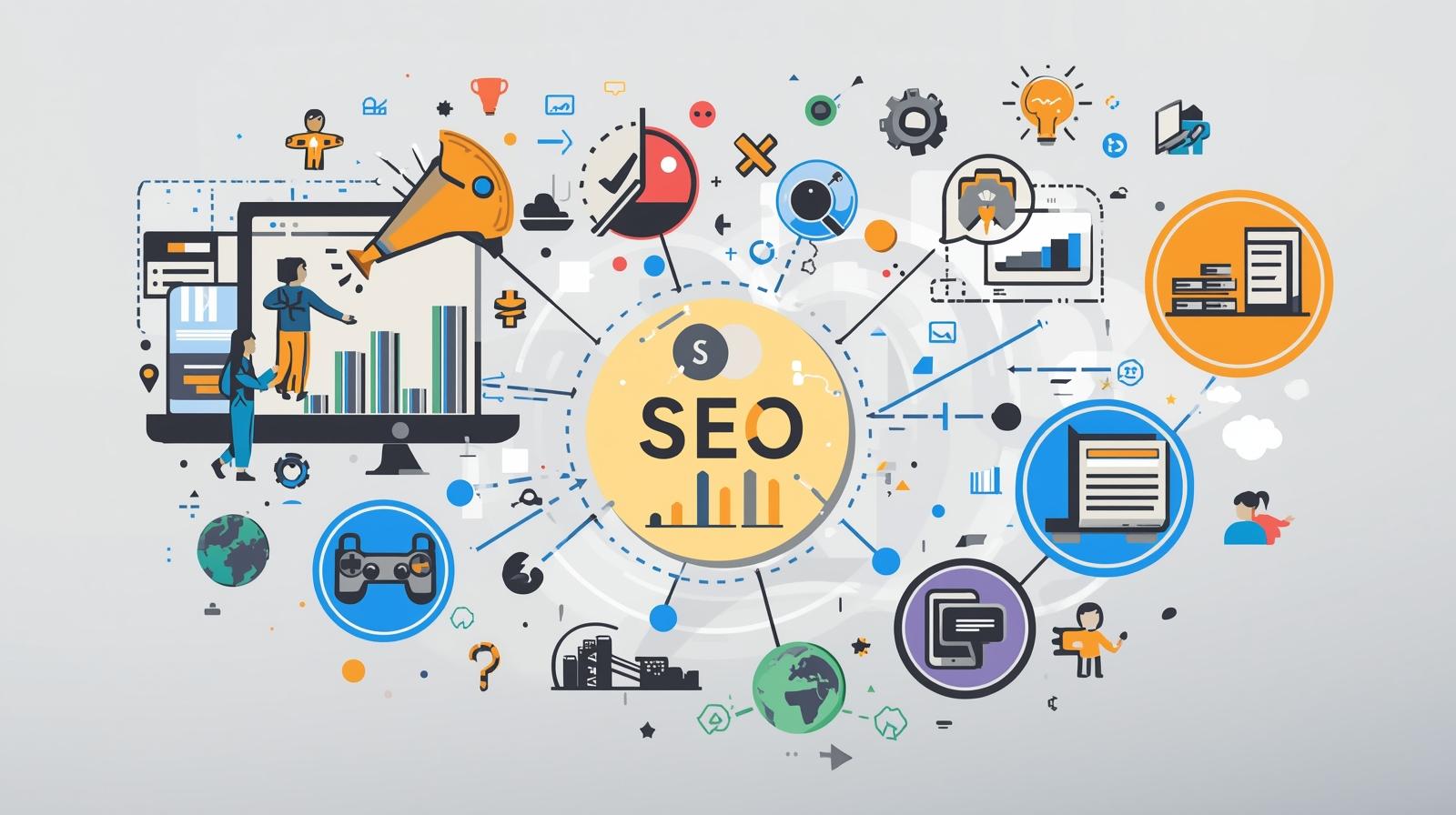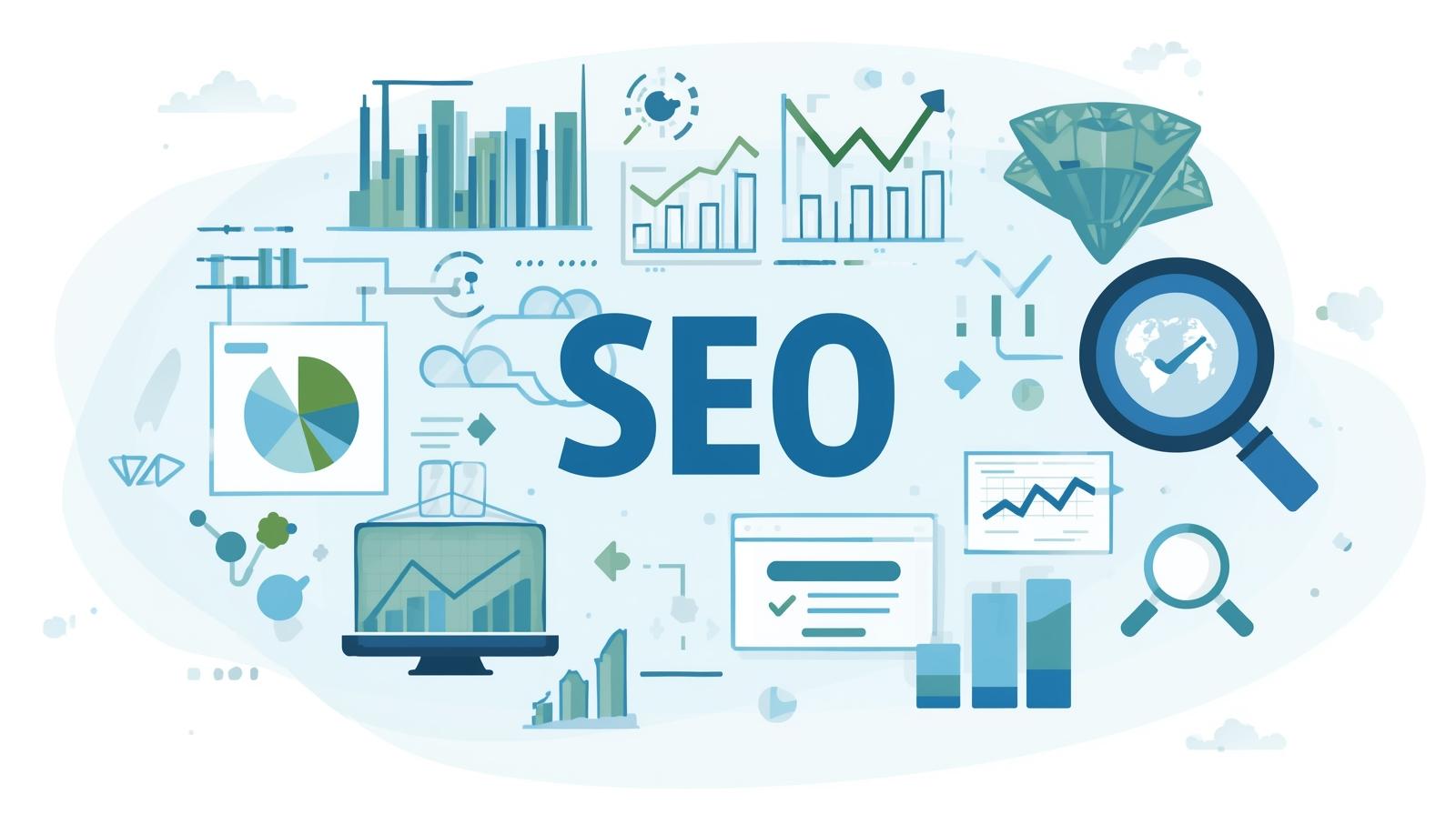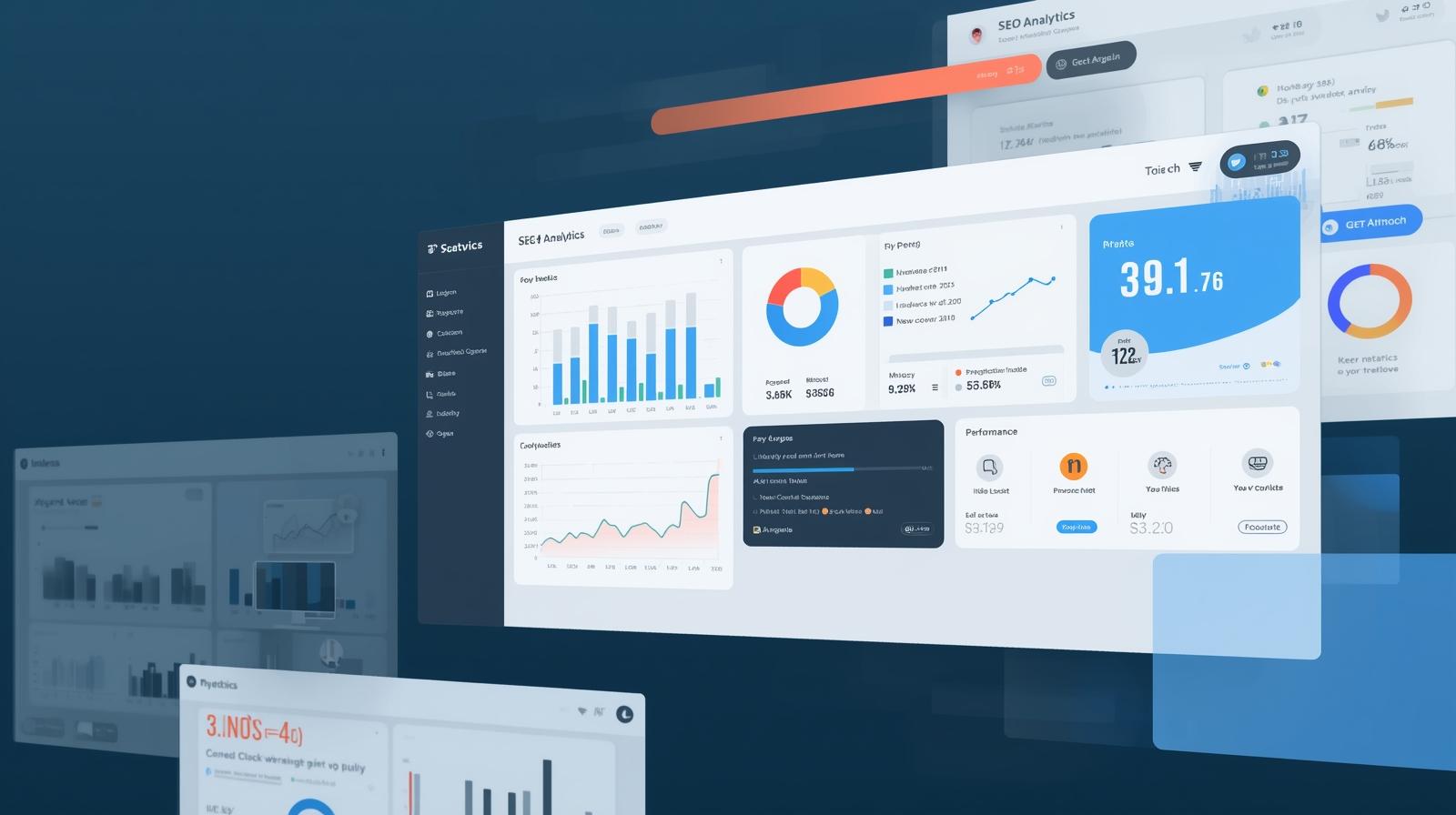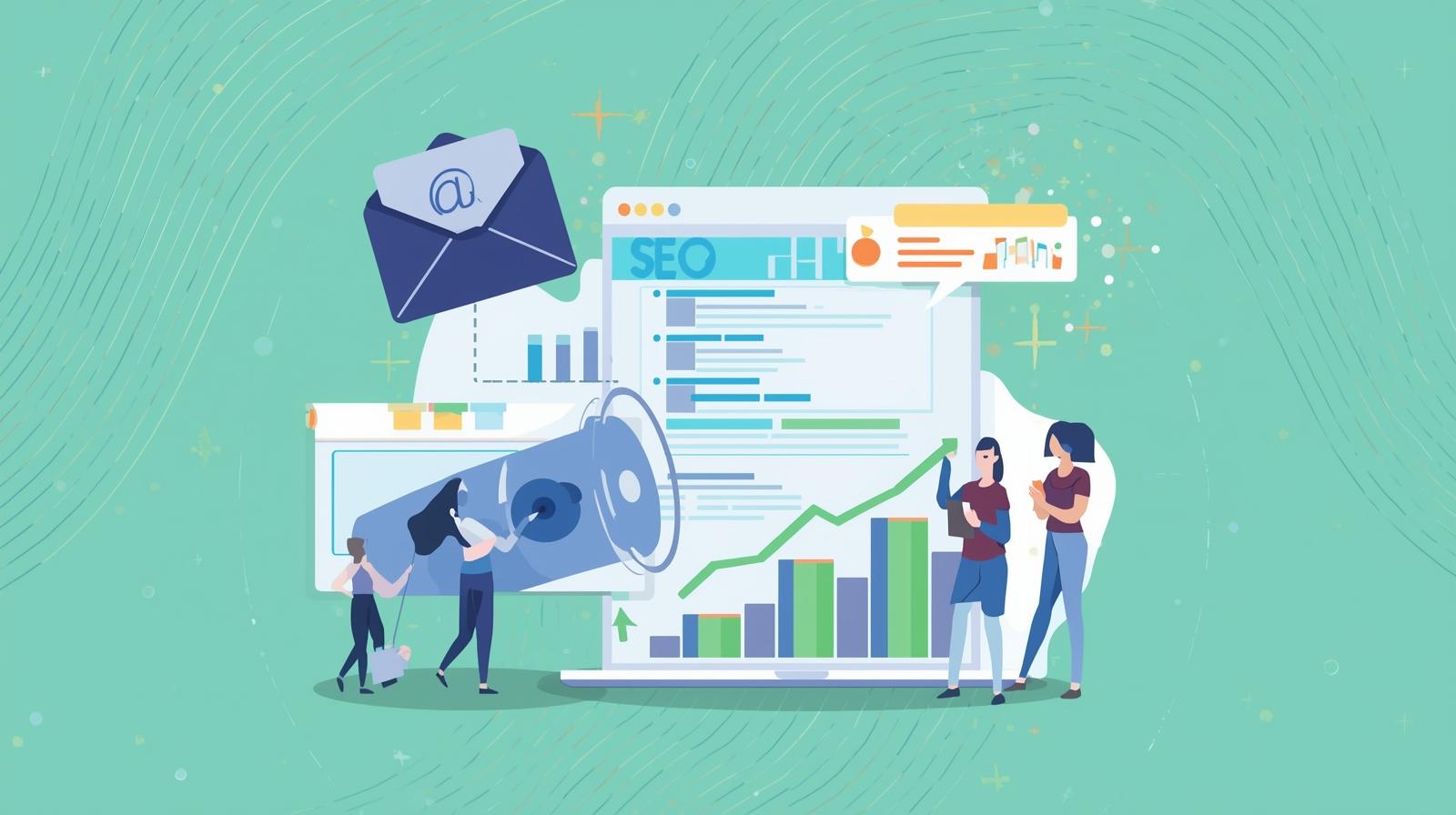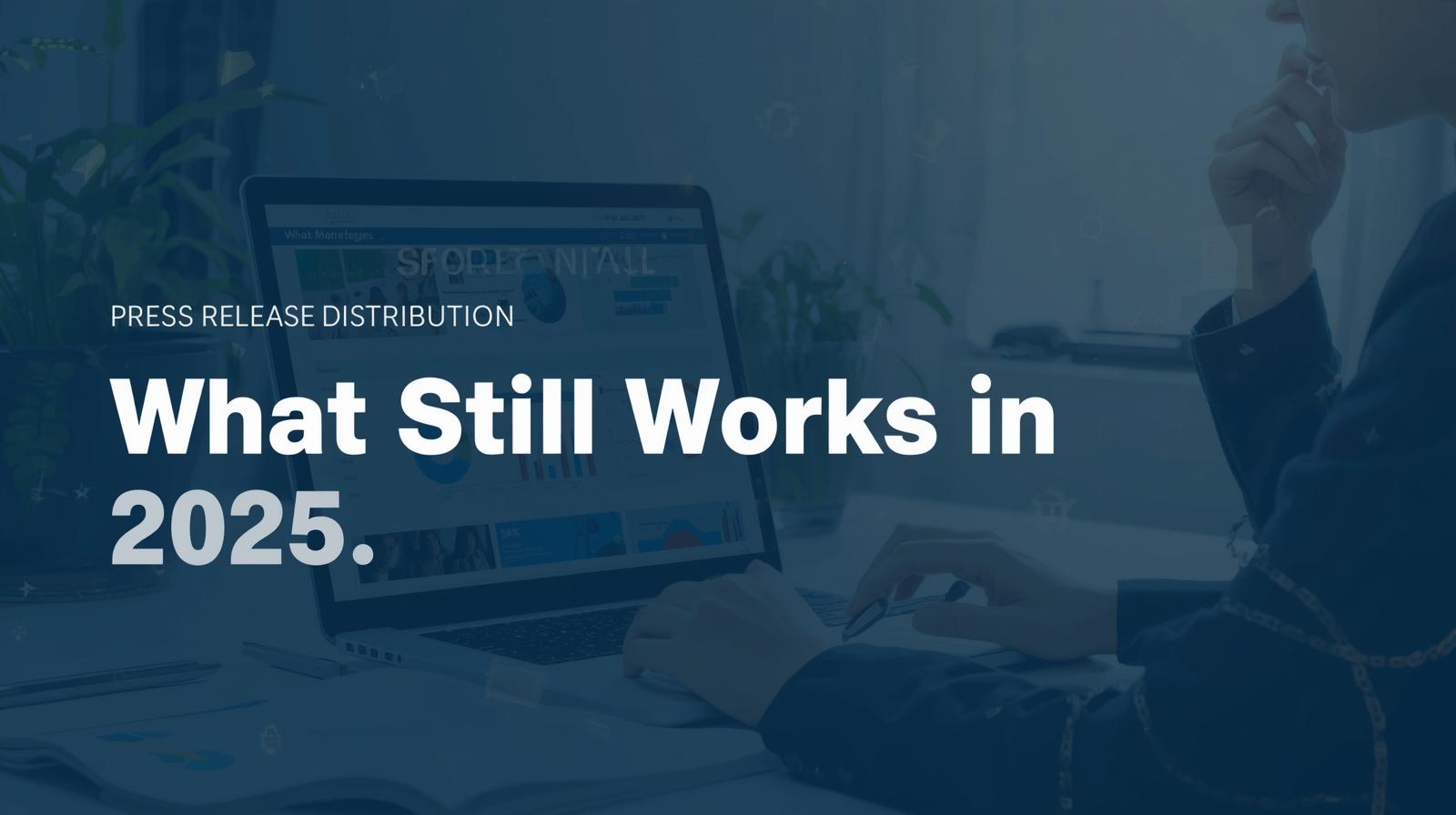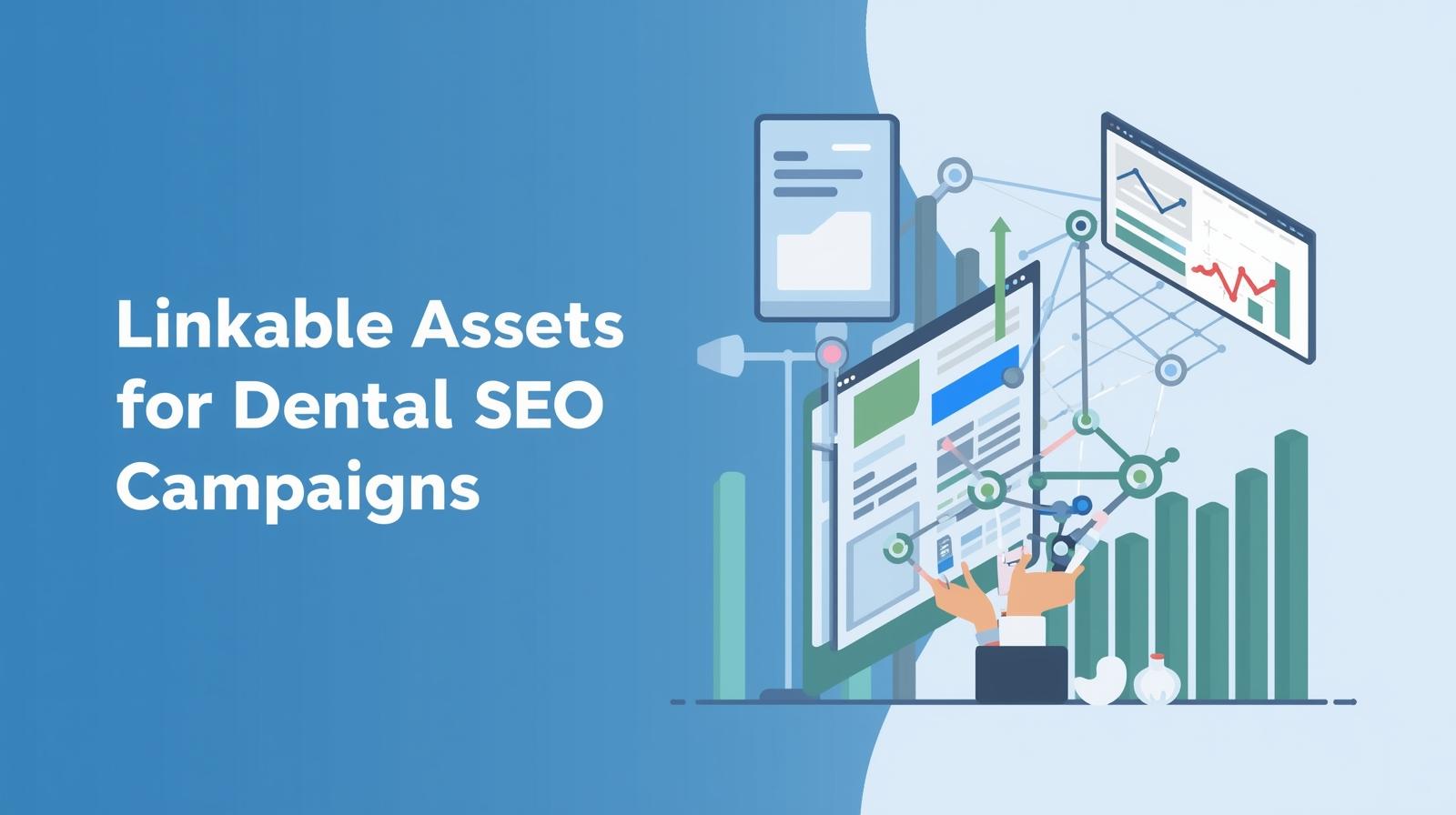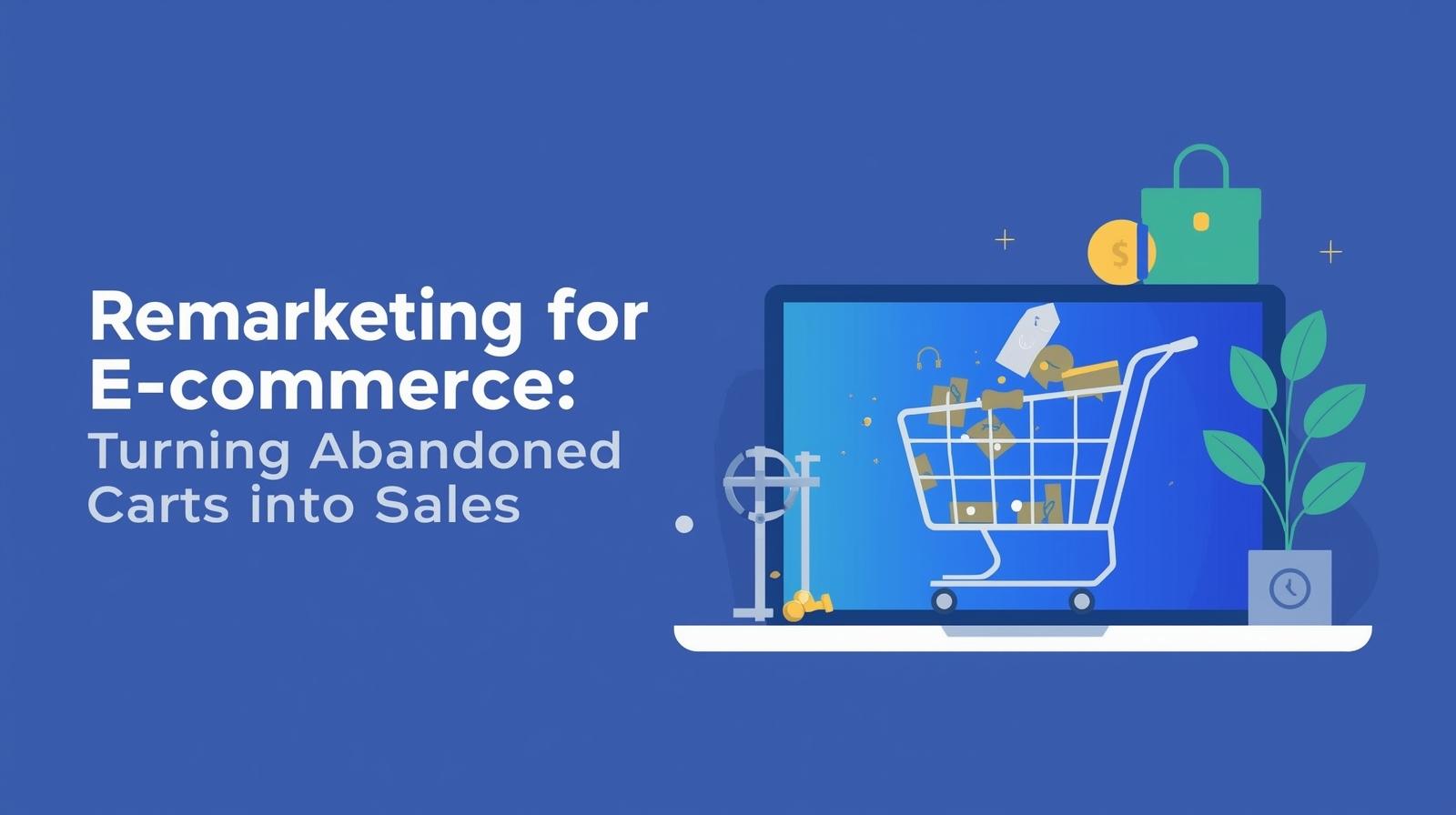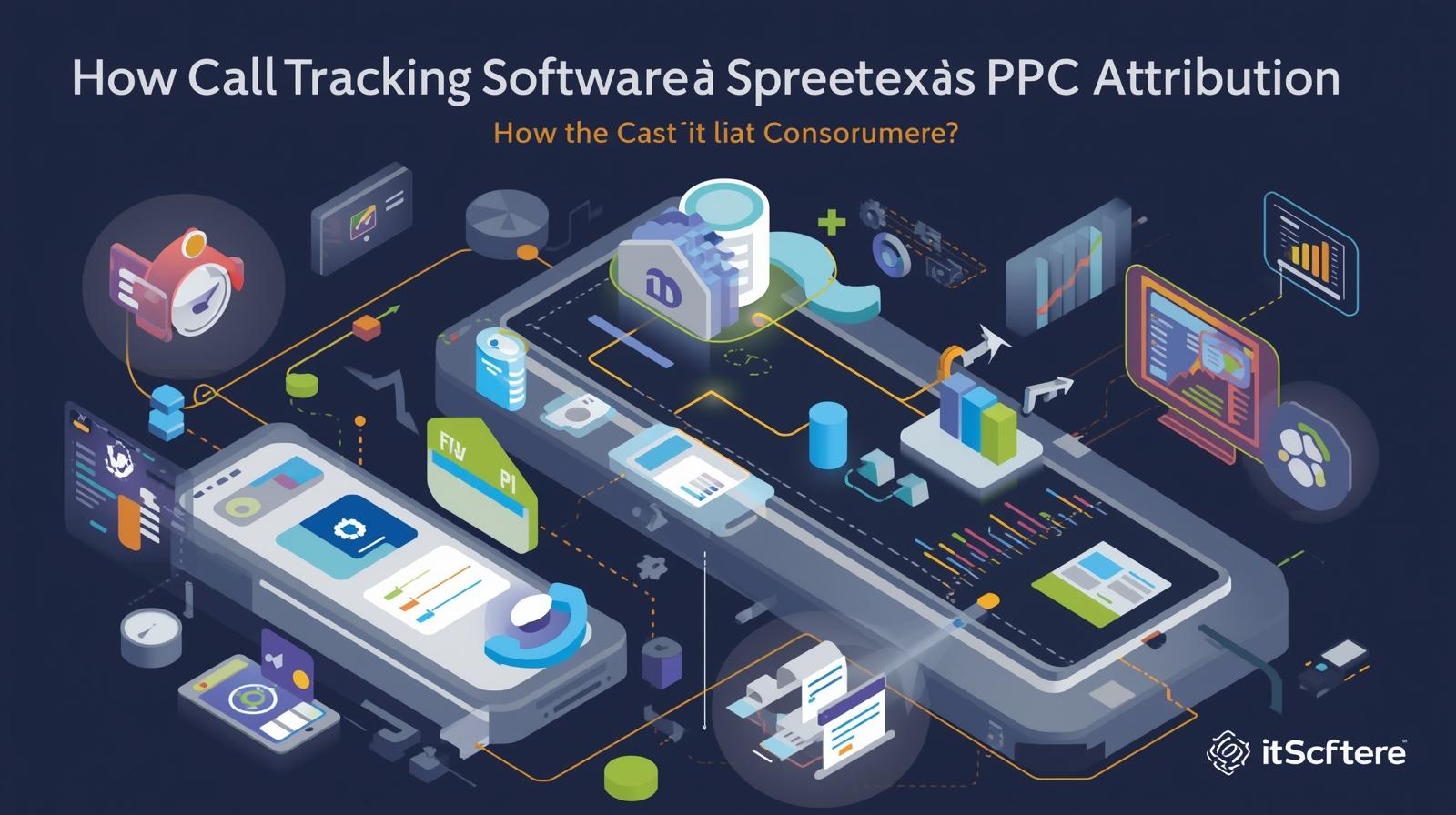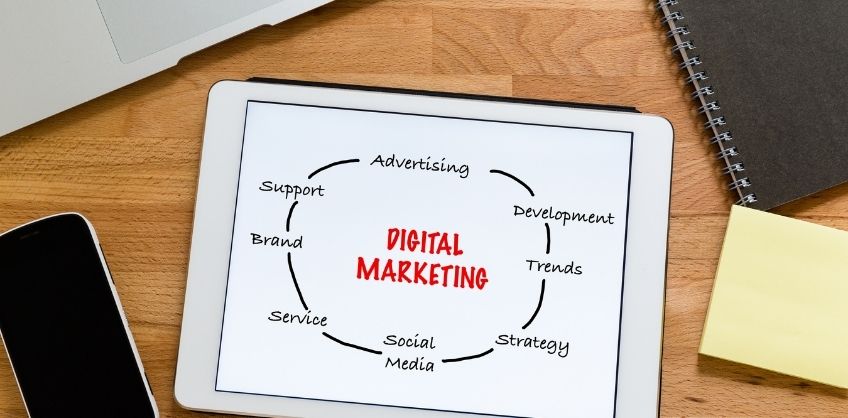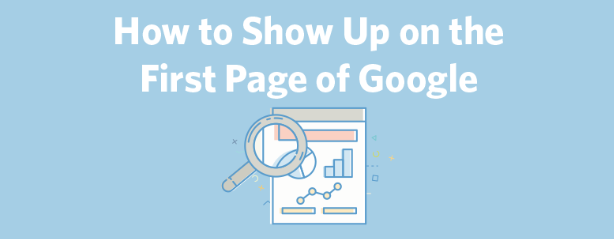May 08, 2018
Cognitive biases are considered to irrationality within human psychology which makes them take decision on a more emotional and heuristic ground rather than going for a more rational way for going about it. These components are present in the mind of every human being and should be considered something of being stupid or something which you are immune.
Marketers who have been really successful in their link building efforts and outreach tend to completely understand the cognitive biases in some or the other level.
In this post we will address 15 of the top cognitive biases and their respective affect on your link building efforts.
Let us begin:
1. Empathy gap
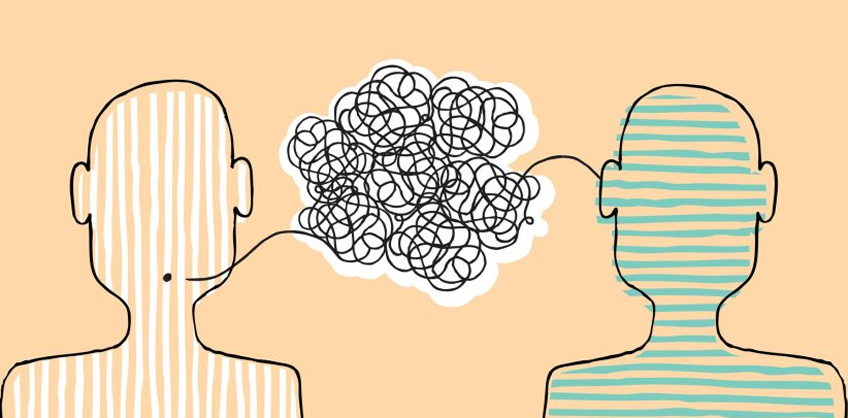
Experts from Dallas SEO services holds the view that emotion is a strong driving force for making any decision be it financial or even going about creating a strong link outreach. Undoubtedly this factor is highly important and needs to be gripped in order to approach a work and make it successful.
The empathy gap can be understood as a tendency to underestimate the importance of emotions with decision making process which has its effect on oneself and also on the targeted users. Always be very careful as emotion governs half of the decision making process, so the approach should be fitted accordingly rather simply looking at cost revenue ratio for making your outreach efforts highly effective.
2. Framing effect
Often people reach to different conclusion by studying the similar data, depending simply on the context of the data. In link outreach, context is everything you should look for. When ever your try to reach to your potential customers make sure to provide a very clear and believable reason for you contacting them specifically.
Using a deceptive approach may not attract users but only take them away. In reality, people simply expects precise things which prompted them to contact them for their outreach. Being a marketer you need to convince people and you deeply admire their blogs or work and have been following them.
3. Backfire effect
Professionals from Houston seo company suggest the marketers that doing over the top outreach or overloading the potential customers with your brand credentials and work can be a very less effective option. It may lead to low email opening rate, therefore, rely on sending simply emails which clearly states the reason for contacting the users.
It is generally seen when the belief system of humans are challenged with opposite evidence, the backfire happens and people starts holding their views even more firmly. In terms of outreach, your efforts of challenging the belief of users for not doing any spammy activity would become even more firm by your challenging evidence.
4. Knowledge and its effect

People who are much more informed tend to forget for being lesser informed, thus, creating a biases for oneself. It should always be remembered that people you are trying to reach has little or no knowledge about SEO or about inbound marketing nor would be interested about learning it.
Therefore, ideally marketers should check their biases and reach to users with things which can elicit their interest or they would feel interested in knowing about it.
5. Endowment effect
People always expect to get much more that what even spending they make. Consultants from SEO companies denver points out that marketers while offering something through link outreach should keep themselves on the place of the users to understand their expectation which they will have against their spending. As you offer some value against their link association, the traffic and conversion will automatically increase.
Recognize that people can demand more for getting linked with the site as compared to what they would have been willing to earn a link from you.
6. Attention biases
This type of in cognition make the perception of people inclined towards what is happening by making them giving their entire attention to things which affirms their previous belief.
Nobody holds any control on human thinking but you can consider keeping your outreach message highly focused, so that there is nothing out of context which can increase or strengthen their believes.
7. Confirmation biases
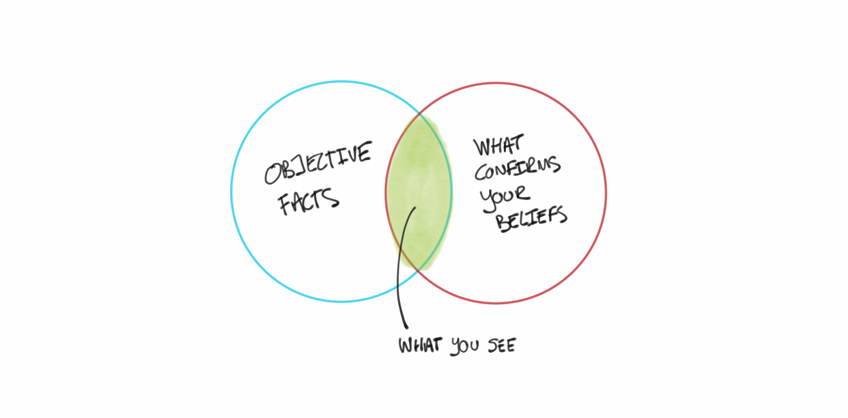
This holds a connection with attention biases. Confirmation biases make marketers search for interprets or focus things which can confirm the preconception while completely avoiding any challenge in their belief.
This kind of biases can be a reminder for working with people preconceptions and not working against them.
8. Belief bias
People has strong tendency to mentally disbelief any unrealistic assumption, even if the logic behind is adequate and fool proof. Never create your outreach content look that seems too good to be true. Sending such kind of email would make people assume the email to be spammy.
9. Anchoring
People generally have a tendency to make their decision based on the most conspicuous information as well as the first piece of information that come across, failing to factor for all variables. Consider giving a limited amount of time to tangential variable for their outreach purpose. Address only the most conscious concerns of the users such as why unknown people are contacting them etc.
10. Decoy effect
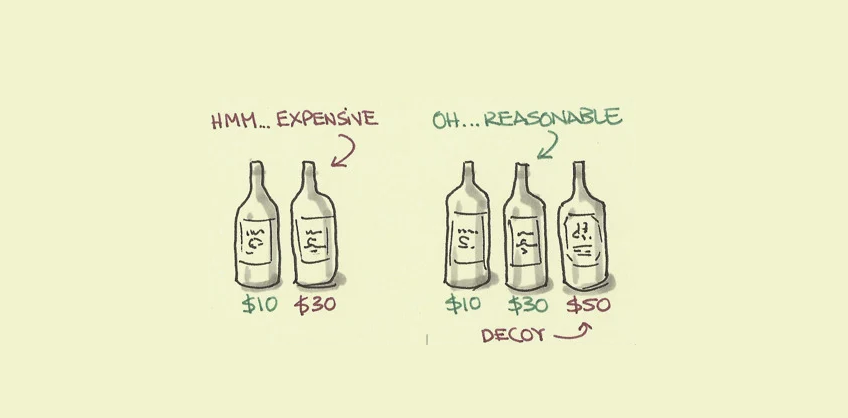
If you give two option to users both with their respective benefits and drawbacks then also consider introducing third option which is clearly much inferior to the other two. It is generally found that people will likely to choose for options that the decoy is clearly inferior to.
In your link building outreach, you can use a modified decoy in the form of a demanding project with smaller commitment and looks much less demanding. However, always consider using true decoy that offers only negative effect.
11. Default effect
This one is related to decoy effect. In this people tend to choose the options which are more likely to seen as default option. In your link outreach, if you don’t supply a default option and keep it open ended, the default option becomes non responsive to your email outreach.
12. Ben Franklin effect
People generally favour for somebody that they have already done a favour as compared to somebody who have done a favour to them.
This is the reason why it is a good idea to focus on getting very small commitment from people rather than going for bigger ones, since the bigger commitment project has very low response rate as compared to smaller ones.
13. Forer effect
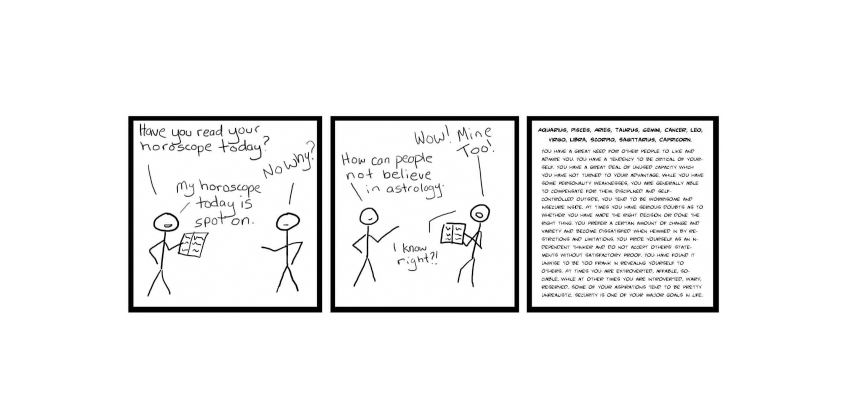
There are people who tend to attach high accuracy rating in their description of their personality, even if those description are not meant for personalized to them. Now that does not mean your will have to pull astrology text in your outreach email, but it should definitely include most basic observations about their online personas which can help in going a long way.
14. Hostile attribution bias
This bias is not seen every time but most of the people have it under specific circumstances while evaluating emails from people they don’t know.
This bias simply mean to assume that an ambiguous action taken has a hostile intention behind it. This is why it is important to demonstrate the intent with your right action behind your outreach purpose.
15. Conjunction Fallacy
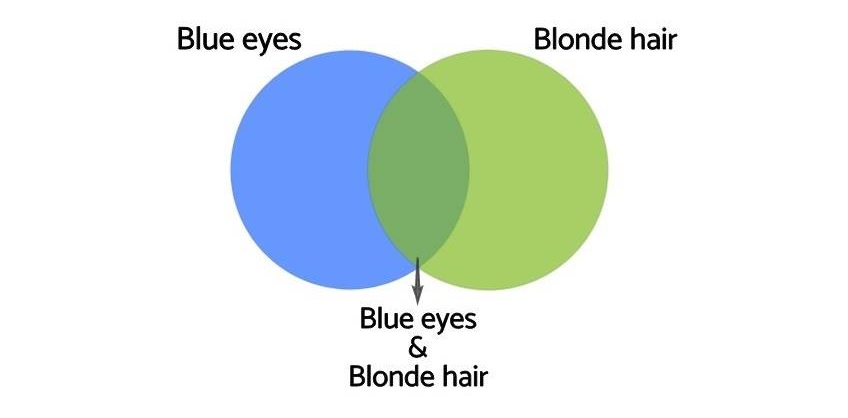
This one is closely related to ambiguity effect, this bias makes the assumption that a specific condition is more likely to be general one. This means giving specific example don’t just affect the decision. It affects how people perceive the likelihood of positive outcome.
Conclusion
It should be remembered that most cognitive biases is virtually universal to human beings within right circumstances. These have a very strong effect both the outreach effect and how recipient respond.

Recent Posts
ARE YOU A LEADING SEO SERVICE PROVIDER?
Get listed in world's largest SEO directory today!
Directory listing counter is continuously increasing, be a part of it to gain the advantages, 10342 Companies are already listed.

